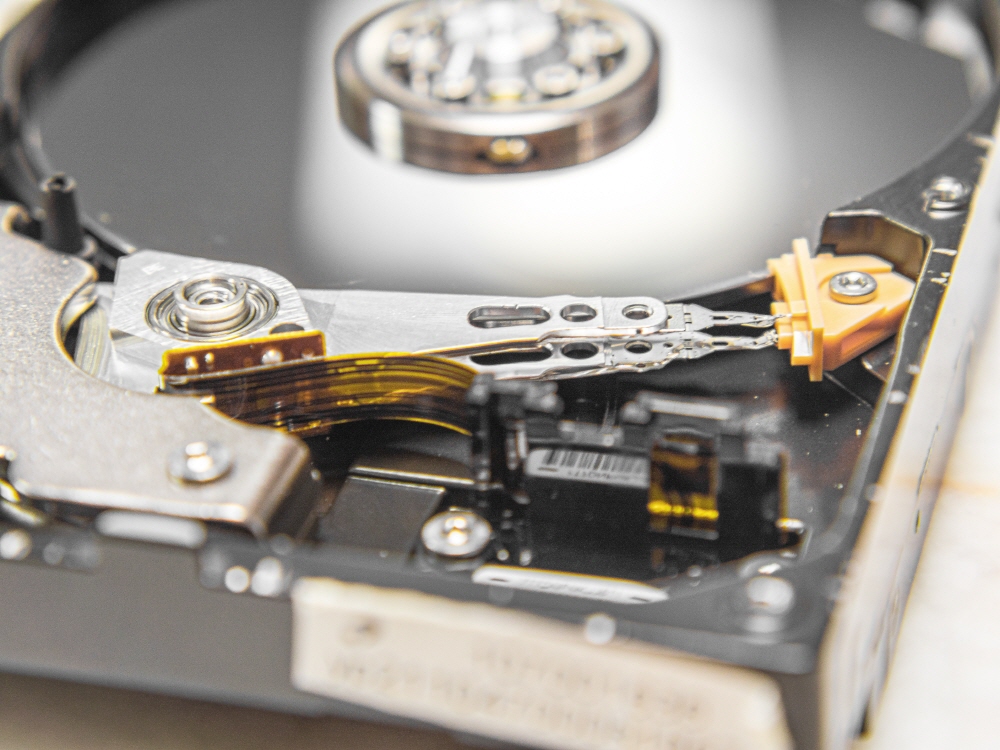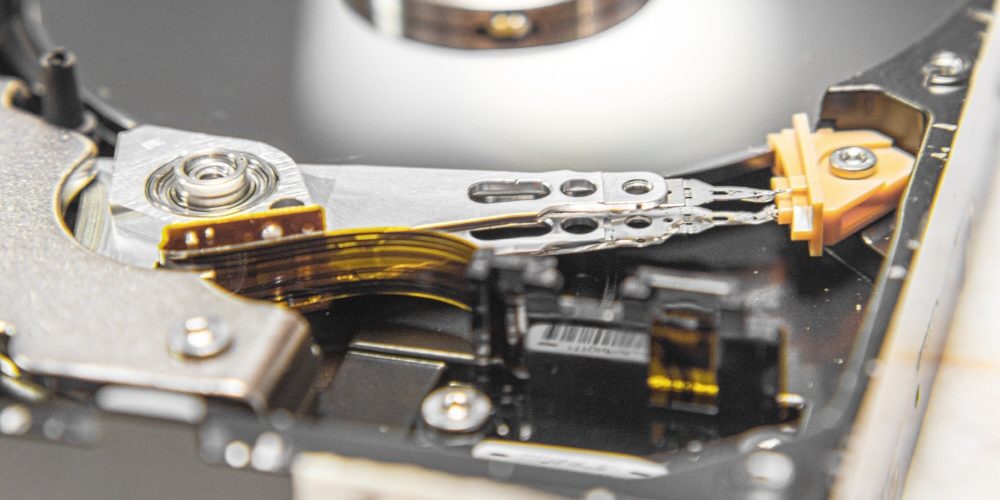
Currently, SSDs that operate at high speed with low power have become mainstream for laptops and PC storage devices. However, the hard disk still maintains its position as an entry-level product, video storage, and backup. An international research team, including Gamebridge University, has published a study that can further increase the capacity of this hard disk by 10 times.
Current hard disks use carbon-based material COC to protect the disk surface from corrosion and mechanical damage. The research team conducted a test by replacing this coating layer with graphene with 1 to 4 layers. As a result, it is said to be an improvement over existing technologies in terms of corrosion protection, low friction, wear resistance, hardness, lubrication compatibility, and surface smoothness. In the first graphene layer, friction was reduced by half, and corrosion was reduced to one-fifth.
In addition, heat-assisted magnetic recording HAMR, a new technology that can increase the storage density by heating the recording layer to a high temperature, was tested. HAMR currently does not operate at high COC temperatures, but graphene-based coatings have the potential to deliver capacities of 4 to 10 TB per square inch. Since the discovery of graphene in 2004, many groundbreaking studies have been conducted and published in research on this material, such as efficiently filtering water and intensively killing cancer cells. However, not all of them have come out of the laboratory yet. However, there is a possibility that cloud companies that require large amounts of storage space, such as Google and AWS, can use funds to further accelerate such research. Related information can be found here.


















Add comment